Holiday Reading – Robots and Capitalism

Today’s subjects are Robots and Capitalism.
I’m on holiday this week, so instead of the usual weekly roundup of the most interesting stories in economics and personal finance, I’m going to tell you about the books I’ve taken away to read.
Normal service will resume nest week.
Robots and Capitalism
We go to the same town in Southern Italy early each summer, staying in one of the same three rooms in the same hotel. We first came here in 2000, so it’s been interesting to see how the town has developed.
When we were here first, there was no internet, almost nobody spoke English, and most of the restaurants wouldn’t take credit cards.
Down in the old fishing port there was a pontoon with sunbeds at the far end. At the end closer to the beach was an old guy running a shack that sold beer and cooked fish caught from the pontoon itself.
You had to get there early to grab a seat, but you could sit there for three or four hours and read, or just watch the fish and listen to the cheesy music. A meal for two was maybe €40.
Old town, new town
Fast forward 15 years, and the old guy is long gone, having sold out to fund his retirement.
The pontoon has far fewer sunbeds and a lot more tables – it’s a proper restaurant now.
The food is London standard – I literally had the best ravioli and the best tomatoes of my entire life earlier this week – and lunch costs more than €100. And the cheesy sixties tunes have been replaced by rap.
The tables are mostly empty now, at least for lunch.
But no matter. There’s now another pontoon a few yards away, serving the old simple seafood dishes that the original one used to, though they cost €60 now.
And just along from that is a good bar with tables on the dock that never used to be there at all.
They all speak English now, you can pay by card, and there’s wifi everywhere.
Up in the main town, our hotel now has free wifi, and they’ve put in a pool. There’s also a proper card-key system so that the maids know when to clean your room, and you can’t leave your lights and air-con running when you leave.
It’s still a very poor region, although you can’t tell in June. But nobody has any work in the winter, so they have to make all they can from the tourists in the summer months.
In the nearby alleys of the old town, the guys running the restaurants have got a lot sharper. You don’t always get the table you reserved these days, and they’re trying to turn you out after an hour.
Which is all a roundabout way of saying that things change. Nothing stays the same.
On the whole, the fishing port is better than it used to be, while the main town is getting better at separating tourists from their cash. Swings and roundabouts.
The robots are coming
Which brings me to my first book. It came out last year, and it’s called the Rise of the Robots, by Martin Ford. You can probably guess from the title what it’s about.
You know how when you read about something, and then you start to see it everywhere? Well I started this book two days ago, and today I saw two examples of what the book is about.
There used to be a five-piece band that toured the outside tables of the restaurants at lunch and dinner, churning out a few Neapolitan tunes and film themes in return for a euro. This year the band is one man.
He’s traded in his acoustic organ – and his bandmates – for a flashy electronic number by Roland. It includes a drum machine and a bass accompaniment.
All he has to do is play the melody – sometimes on “piano”, sometimes on “trumpet” – and sing a few lines.
Five times the money for him. And nothing for the four guys who used to stand next to him. That’s progress for you.
After dinner, as we were walking back to the main square, we saw the second piece of evidence. A shop filled entirely with vending machines, with no staff present. Whatever you wanted, you could drop your money in the slot and pick it up.
I’ve seen this kind of thing before in Japan, and in Switzerland, but not in a medieval alley in Southern Italy. The times they are a-changing.
I plan to write a lot about robotics and automation in the future (though possibly not on this blog).
Watch this (or some other) space.
23 problems
The second book is called 23 things they don’t tell you about Capitalism, by Ha-Joon Chang, an economics professor at Cambridge.
Ha-Joon is Korean, and so he has a bias towards developmental economics, whereas I’m mainly interested in the UK and the other large economies that it primarily interacts with.
Ha-Joon is also incredibly left-wing – think Gordon Brown or Jeremy Corbyn – and therefore prone to see many things wrong with Capitalism, or more precisely with free markets.
I would describe myself as socially liberal, but I’m definitely conservative when it comes to money, and I love the free markets.
So you’re probably wondering why I bought the book. I’d love to say that it’s because I like to have my thinking challenged, but it isn’t. The book was a leaving present from my very last job back in 2011.
The book was written in 2010, when the 2008 financial crisis still dominated the front pages, and the afterglow of “Gordon Brown saved the world” was still flickering.
I think the pair who gave it to me thought that I banged on a bit too much about free-market economics, and that I could do with a dose of Scottish Presbyterianism. Or failing that, Korean developmental economics,
Anyway, even though I only agreed with around 9 and a half of the 23 things, this was a very stimulating book and a great introduction to the current topics in economics.
So I will be coming back to this in a series of articles, once I’ve got through a few preparatory “Economics for Dummies” posts.
That’s about it for today. Time for more limoncello and a stroll around town.
What books will you be taking to the beach this year, and why? Let me know in the comments.
Until next time.

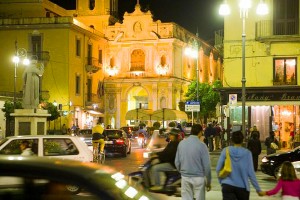
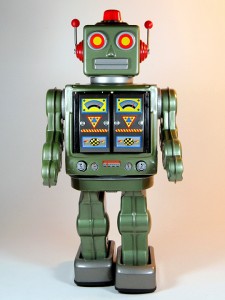

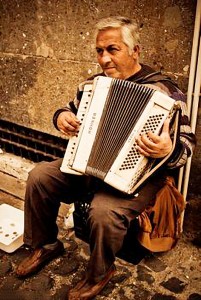
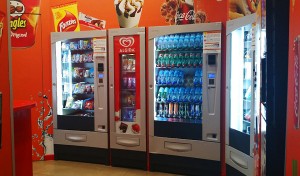
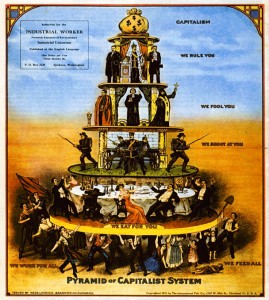


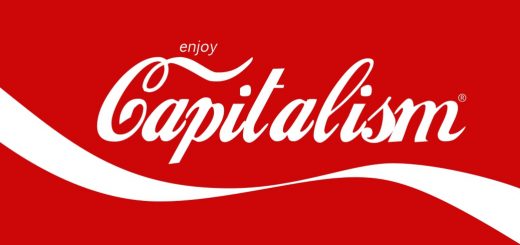
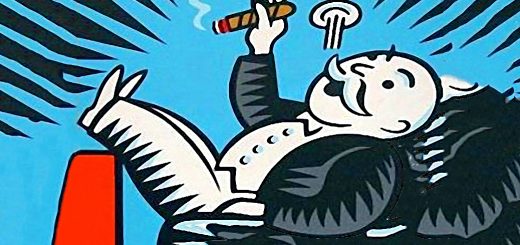












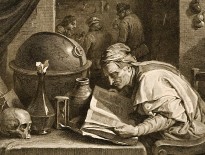
I have a shelf full of Investment books the last one being ‘How to make a million – slowly’ by John Lee. Like many of these books they take a core theme and seem to keep repeating it until there are around 150 pages. My book buying days are over as long as your blog keeps going – Have a great holiday Mike – you’ve certainly earned it.
Thanks Martin. Holiday has been great – heading home tomorrow.